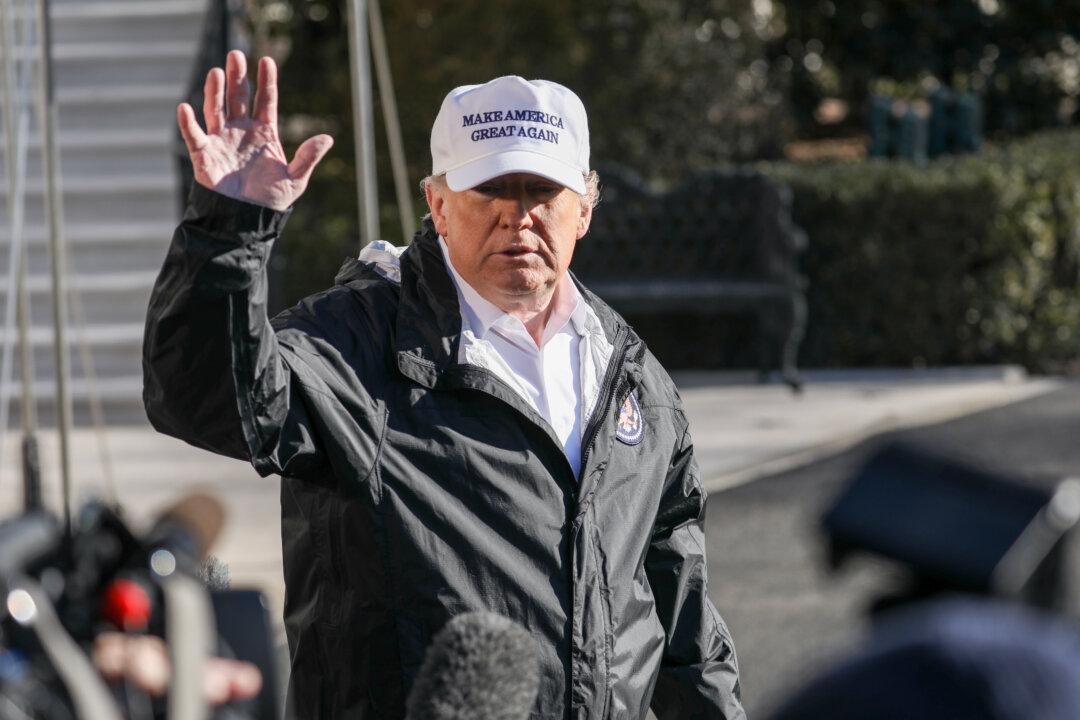Hundreds of thousands of foreign workers working in the United States on H-1B visas may soon be granted a path to citizenship, according to President Donald Trump.
“H1-B holders in the United States can rest assured that changes are soon coming which will bring both simplicity and certainty to your stay, including a potential path to citizenship,” Trump wrote on Twitter. “We want to encourage talented and highly skilled people to pursue career options in the U.S.”





